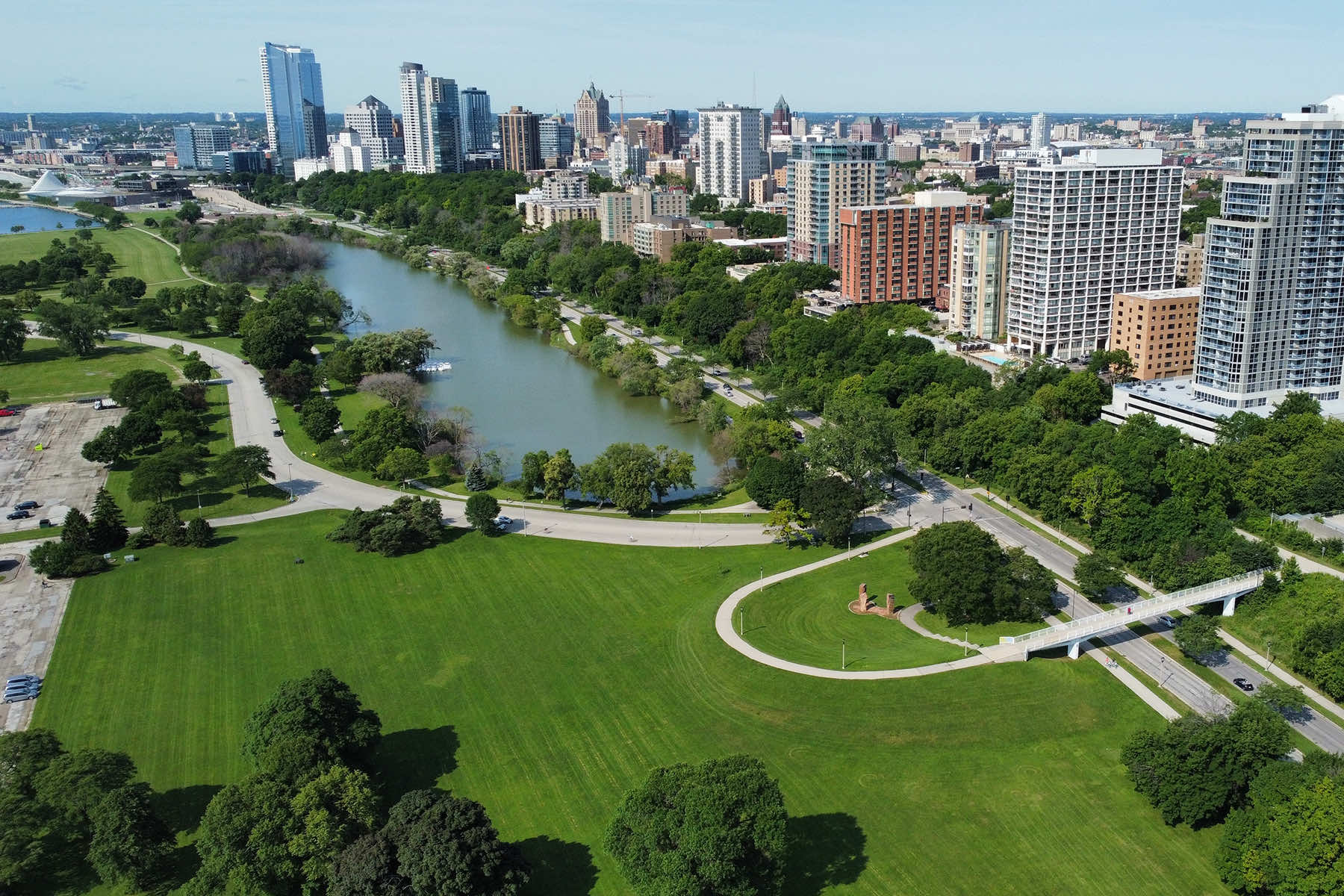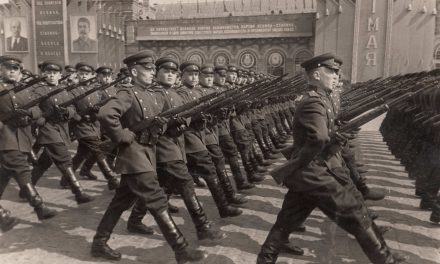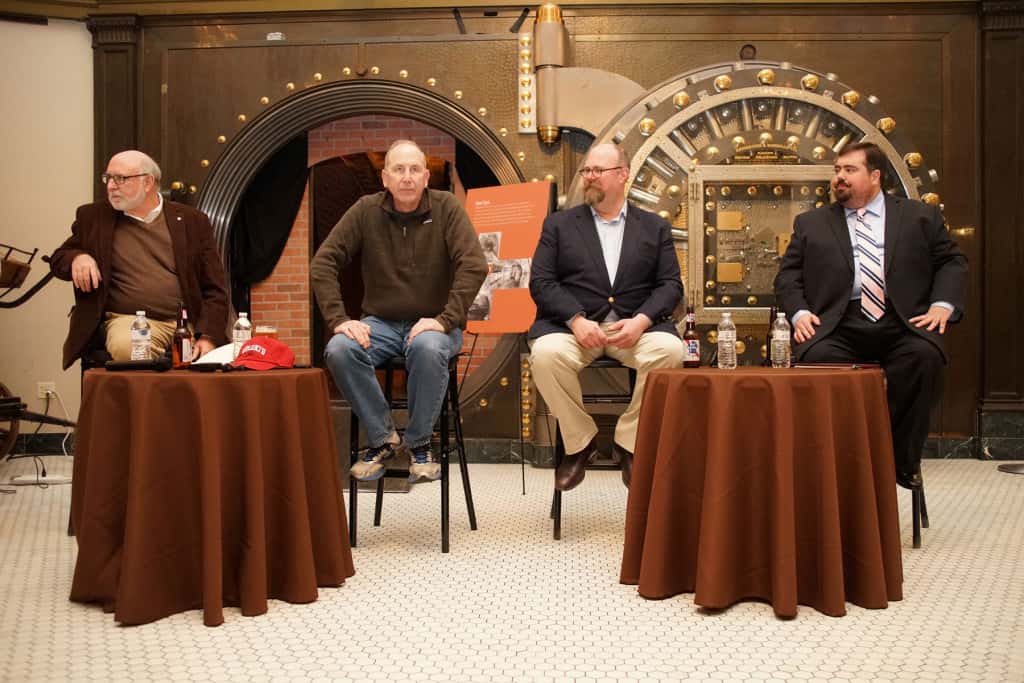
Progressive cities across the country are testing the limits of local power by instituting policies that directly challenge conservative state legislatures. From minimum wage ordinances to rent control measures to bold climate initiatives, these municipalities are turning into laboratories for left-leaning governance.
But as these efforts gain momentum, state governments are rushing to impose top-down bans, blocking local authority through a wave of “preemption” laws. The result is a contentious struggle that pits big-city innovation against state-level resistance, offering a glimpse into the future of American politics.
Milwaukee stands as a prime example. City leaders have sought to address income inequality by raising the minimum wage, tackling housing costs with rent stabilization policies, and laying the groundwork for cleaner energy.
Conservative lawmakers in Madison, however, have repeatedly introduced legislation to restrain the city’s ambitions, arguing that uniformity in state policies is preferable to a patchwork of local rules.
In their view, Milwaukee’s experiments threaten to impose regulations that could scare away businesses and saddle taxpayers with excessive costs. Critics of these statewide interventions see a different motive altogether, one rooted in ideological resistance to progressive values and a desire to undercut an urban electorate that rarely votes Republican.
Some analysts refer to these local movements as a modern form of municipal socialism. The term does not necessarily mean that city governments plan to seize the means of production. Instead, it highlights a trend in which local elected officials adopt policies aimed at delivering services and protections once reserved for a more robust federal safety net.
High housing costs, stagnant wages, and environmental emergencies all contribute to calls for local reforms that state or national leaders have refused to enact. The response from conservative legislatures often comes in the form of preemption: laws that override the powers of cities to self-govern in key areas such as labor policy, environmental regulation, and rent control.
The phenomenon is not confined to Wisconsin. States across the country, including Texas, Florida, and Ohio, have introduced sweeping preemption measures to curb local prerogatives. In Texas, for instance, cities like Austin passed local sick leave ordinances and raised labor standards, only to be blocked by the state legislature.
In Florida, Republican leaders banned local governments from enacting stricter gun regulations or establishing sanctuary-city policies. Each episode underscores a broader national rift: urban areas that lean liberal are moving to enact progressive legislation, while legislatures controlled by conservative majorities prefer to maintain uniform, business-friendly laws.
Milwaukee’s debates illustrate the high stakes behind these power struggles. The city’s leaders have repeatedly signaled their desire to increase the minimum wage within city limits, citing surges in poverty and the widening gap between household incomes and basic living costs.
Proponents of a higher wage argue that Milwaukee’s local economy thrives when workers have more disposable income. They also stress that the cost of living in a major urban center often far exceeds that in rural areas, justifying targeted wage policies.
Critics in the state legislature counter that municipalities should not be allowed to set different standards from the rest of the state, insisting that uniform regulations make Wisconsin more attractive to businesses. By capping the minimum wage or forbidding local wage hikes, these lawmakers effectively limit Milwaukee’s ability to address its unique economic conditions.
The tension escalates further when the discussion turns to housing. Milwaukee, like many other cities, faces a shortage of affordable homes. Rising rents threaten to displace longtime residents, widening socioeconomic disparities and fueling homelessness. Some local activists and city council members favor modest rent control measures, which they see as a buffer against gentrification and real estate speculation.
Yet rent control remains a taboo in many state legislatures, which often champion property owners’ rights and prioritize free-market solutions. Legislators in Madison argue that rent regulations would stifle construction and deter developers, ultimately causing more harm than good. They respond by passing laws that explicitly ban cities from placing caps on rental rates or imposing stricter tenant protections than those authorized at the state level.
Climate policy provides another flashpoint in the fight for municipal power. Progressive city leaders view climate change as an urgent crisis that demands local intervention, especially when federal actions prove slow or inadequate.
Milwaukee officials have proposed renewable energy targets, stricter emissions regulations, and incentives for electric vehicles. But such ambitions face pushback when state legislators claim that environmental rules must be uniform to ensure fairness for businesses across Wisconsin. In other instances, state budgets simply do not allocate funding to support urban climate initiatives.
Critics say this approach ignores the fact that Milwaukee’s population density and industrial legacy necessitate a faster transition to clean energy, while supporters of preemption insist that statewide standards prevent confusion for companies operating in multiple municipalities.
At the heart of these clashes is a deeper ideological divide about the role of government and the boundaries of local autonomy. Progressive forces in Milwaukee advocate for a strong municipal hand in setting social and economic policy, arguing that local officials, intimately aware of specific urban problems, can experiment with new ideas and tailor them to their communities.
Conservatives in the state legislature maintain that such policies should emanate from a single, unified authority, a stance often tied to free-market principles or a fear that localized regulations might spiral out of control. The prospect of multiple cities implementing disparate rules on wages, housing, or environmental standards alarms business lobbies, who warn of economic fragmentation and compliance nightmares. Local advocates reply that uniform “lowest-common-denominator” policies lock them into inaction on dire problems their residents cannot afford to ignore.
Observers trace the preemption trend to the Tea Party wave of 2010, when many state legislatures turned sharply to the right. Since then, the Republican Party has viewed cities as strongholds of Democratic support and progressive experimentation, leading some lawmakers to see municipal governments as adversaries that must be kept in check.
Though Wisconsin has a reputation for progressive politics dating back to the early 20th century, the dynamic in recent years has tilted in favor of rural and suburban voters who often outnumber Milwaukee residents in statewide or legislative contests. That demographic reality grants the legislature, dominated by non-urban districts, substantial leverage to rein in city-based policies perceived as too liberal.
Critics contend that this phenomenon distorts representative democracy. They argue that the residents of Milwaukee, who elect city officials, should have the right to shape local policy, especially if it concerns labor conditions, rental markets, or environmental threats that primarily affect their neighborhoods.
By limiting municipal authority, the legislature stifles the political will of hundreds of thousands of residents, diminishing their influence on local governance. In turn, some conservatives say local governments can overstep, imposing burdensome regulations or ballooning budgets that end up requiring state bailouts. They insist that a consistent regulatory framework ensures predictability for businesses and fosters a stable environment for economic growth.
This standoff is not purely theoretical. Real-world implications emerge each time Milwaukee attempts to pass a measure like paid sick leave or a climate-friendly building code. Whenever the city council pushes forward, a state-level response follows, often nullifying the law before it can take effect.
That repeated cycle fuels frustration among local activists, who find their efforts blocked not because of local disagreement, but because of broad ideological contrasts with lawmakers representing rural and suburban districts. The same drama plays out in other states with major metropolitan centers, such as Georgia, where Atlanta’s attempts to mitigate homelessness or regulate housing often collide with conservative legislative priorities.
The rise of municipal socialism — if one defines the term as a willingness among cities to expand public services, regulate private enterprise, and address inequality — sparks new debates about the trajectory of American governance. Supporters say that local governments are stepping in where states and the federal government have failed, providing solutions that reflect changing social values.
They cite examples like Seattle’s minimum wage hike or Boulder’s climate initiatives as evidence that municipal action can be both effective and popular. Opponents worry that a patchwork of local rules will deter businesses from investing, or that city officials may enact policies that reflect the views of an urban elite rather than the entire populace.
Milwaukee’s elected leaders often frame their efforts as practical rather than revolutionary, driven by the city’s immediate needs. They point to data showing that a higher minimum wage can reduce turnover and poverty, that rent control can stabilize families, and that climate measures can reduce public health costs.
Still, these local arguments face an entrenched belief among conservative legislators that free markets and limited regulation best serve the public interest. Whenever Milwaukee tries to act on its convictions, it encounters state preemption that halts progressive initiatives in their tracks.
Underlying these battles are concerns about who benefits from political power and who is left behind. Urban voters, particularly communities of color, often favor strong government intervention because they bear the brunt of unemployment, housing crises, and pollution. State officials, frequently reliant on suburban or rural constituencies, see these priorities as either misplaced or actively harmful to their economic base.
Both sides frame their positions as essential to Wisconsin’s future. One side sees local experimentation as vital to social justice and economic innovation. The other warns of runaway spending, burdensome rules, and a breakdown of statewide cohesion.
This conflict reflects a national reckoning with how authority should be distributed in a federal system. Cities like Milwaukee believe they can best address the socioeconomic realities on their streets, unencumbered by politicians representing distant counties.
State legislatures counter that uniform policies prevent a “Balkanization” of law and protect businesses from regulatory chaos. Neither side appears ready to cede ground, ensuring that the struggle over municipal socialism will continue shaping legislative agendas and election battles.
The stakes are high for those who believe local action offers the most immediate route to tackling urgent social problems. Climate change, public health disparities, and housing shortages demand bold experimentation, advocates say, and cities are the ideal incubators for new ideas.
But when statehouses stand ready to veto almost any progressive ordinance, local leaders face the stark reality that democracy at the municipal level can be swiftly curtailed. Whether Milwaukee and other cities can reclaim their power to legislate according to local demands will depend on electoral outcomes, judicial interpretations of constitutional authority, and the willingness of state officials to allow policy diversity.
For now, municipalities remain caught in a web of preemption statutes that hamper their ability to implement the very reforms their voters want. That dynamic reveals how deeply intertwined local governance is with broader ideological tensions.
Milwaukee’s progressive impulses are not just about improving life in a single city. They also challenge the conservative orthodoxy that currently sets the tone in many state legislatures. As these forces collide, the question looms regarding whether municipal socialism in America can thrive or be stifled by statehouses determined to maintain uniformity at the expense of local innovation.
© Photo
Rodrigo Ludke Oliviera (via Shutterstock)














